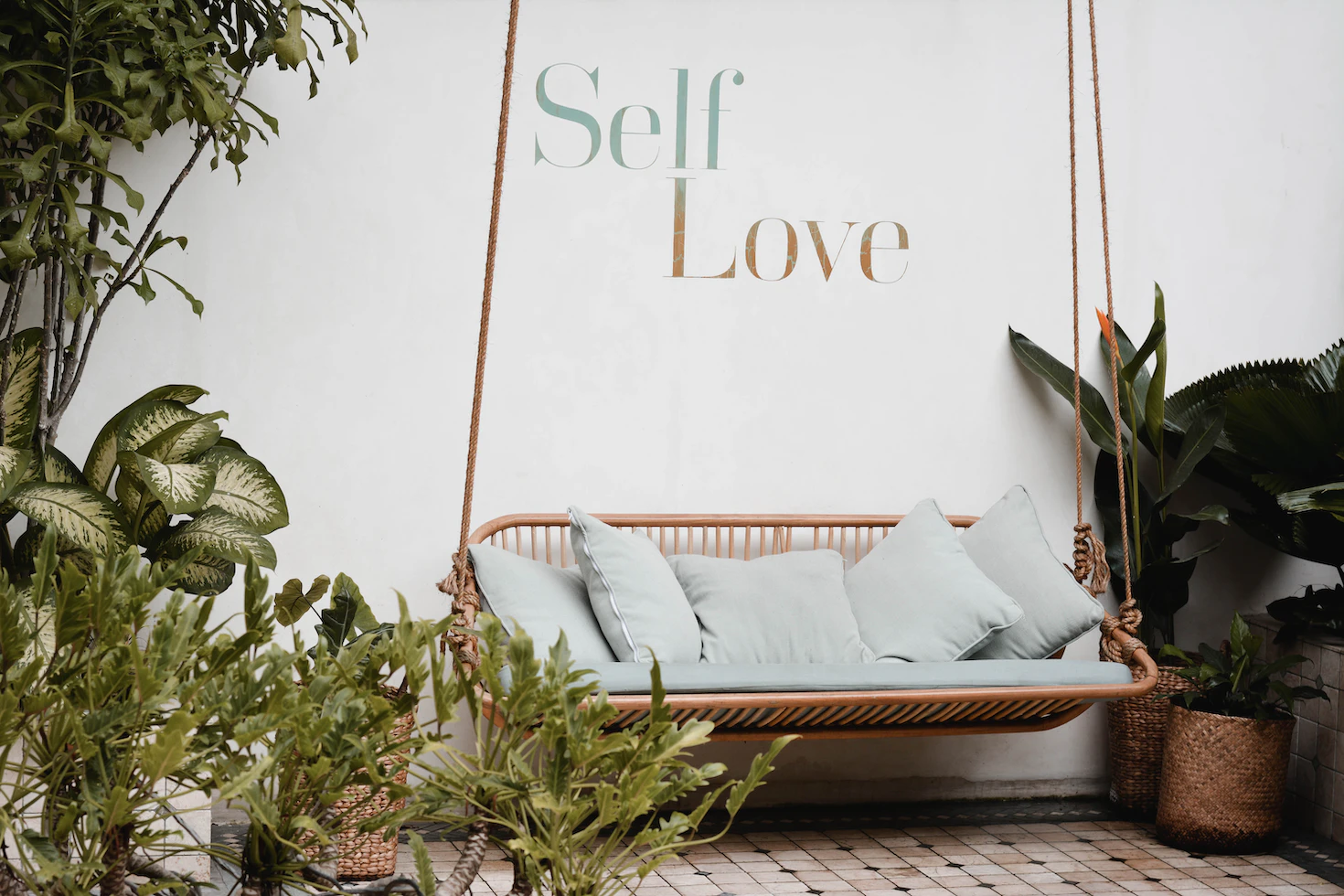
Caring for ourselves is vital for mental health. Surprisingly, in 2021, nearly 1 in 5 U.S. adults—around 57.8 million—faced mental illness. Despite the clear benefits of self-care, like reducing stress and fostering self-love, we spend only about 15 minutes daily on it, showing a major gap in our self-care habits.
Self-care is not just a trend; it’s crucial for our health, happiness, and well-being. Regular self-care improves mental health, boosts self-esteem and optimism, and helps lessen anxiety and depression.
Keeping this in mind, we’ve created a list of easy yet powerful self-care practices. These can be easily added to your daily routine to promote self-love and improve overall well-being.
Embracing Spirituality: Connecting With a Greater Purpose
Embracing spirituality in daily life can be a transformative practice, offering a deeper connection to a greater purpose and enriching personal growth. Whether through religious beliefs, meditation, appreciating nature, or exploring philosophical ideas, spirituality provides solace, guidance, and a profound understanding of life’s purpose and challenges.
On that note, incorporating the daily ritual of reading saint of the day stories can be particularly enlightening for those drawn to Christian traditions or seeking universal lessons in resilience and virtue. These stories, celebrating the lives and teachings of saints, provide
powerful examples of courage, faith, and moral integrity. Adopting this practice can empower you to navigate everyday challenges and evolve into a better version of yourself.
Mindful Meditation and Reflection: A Path to Inner Peace
Mindful meditation is both a practice and a journey toward understanding and being kind to yourself. By meditating every day, you get to really be in the moment, watching your thoughts and feelings without judging them. Practicing this significantly reduces negative self-thoughts, which can obstruct self-love. As you improve at observing your inner thoughts, you begin to speak to yourself more positively. This is crucial for self-acceptance and emotional resilience.
To enhance your meditation experience, experiment with various methods, such as guided imagery or breath focus. Discover which technique brings you the greatest sense of tranquility and self-connection.
Journaling for Emotional Clarity: Understanding the Self
Journaling is a powerful tool for emotional processing and self-discovery. By regularly documenting thoughts, feelings, and experiences, individuals gain valuable insights into their personal patterns and emotional triggers.
This practice not only helps process complex emotions but also celebrates personal growth. Through journaling, you can track your journey of self-improvement, identify areas for further development, and reinforce a positive and nurturing self-relationship. The key is consistency and honesty in this reflective process.

Physical Activities for Joy and Health: The Body-Mind Connection
Physical activities, especially those that bring joy, play a significant role in mental and physical well-being. Whether it’s a rejuvenating yoga session, a refreshing swim, or a simple walk in nature, these activities contribute to overall health.
They not only improve physical fitness but also stimulate the release of endorphins, which enhance mood and combat stress. The choice of activity should align with personal preferences, ensuring that it provides both physical benefits and emotional satisfaction.
Investing in Hobbies and Creativity: A Source of Joy and Self-Esteem
Participating in hobbies and creative activities goes beyond mere leisure; it’s a vital form of self-care. Engaging in pursuits such as painting, cooking, writing, or gardening provides an avenue for self-expression and unleashing creativity. These endeavors not only yield a sense of accomplishment but also contribute to elevating self-esteem and cultivating self-love. Additionally, such activities offer a respite from daily routines, facilitating personal exploration and the unveiling of new interests and abilities.
Prioritizing Restful Sleep: The Foundation of Well-Being
Quality sleep is essential for physical health, emotional balance, and mental clarity. Establishing a regular sleep routine and creating a conducive environment for rest are acts of self-care and respect. Good sleep practices aid in the body’s recovery process, enhance cognitive functions, and stabilize emotions.
It’s important to prioritize sleep as a key element of a healthy lifestyle, acknowledging its role in maintaining overall well-being.
Setting Healthy Boundaries: Respecting Self and Others
Healthy boundaries in personal and professional relationships are fundamental to self-love and respect. Understanding and respecting your needs and limits helps prevent burnout and emotional exhaustion.
Setting boundaries involves clear communication and the ability to say no when necessary. It enables individuals to interact with others from a position of self-assurance and stability, thereby fostering healthier and more fulfilling relationships.
Conclusion
These practices, integral to fostering self-love, offer a roadmap to a more balanced and fulfilling life. By embracing spirituality and integrating mindful meditation, journaling, physical activities, creative hobbies, quality sleep, and healthy boundaries into their daily routines, individuals can cultivate a deeper sense of self-awareness, self-respect, and emotional well-being. This journey toward self-love enhances personal quality of life and enriches interactions with others, creating a ripple effect of positivity and wellness.



